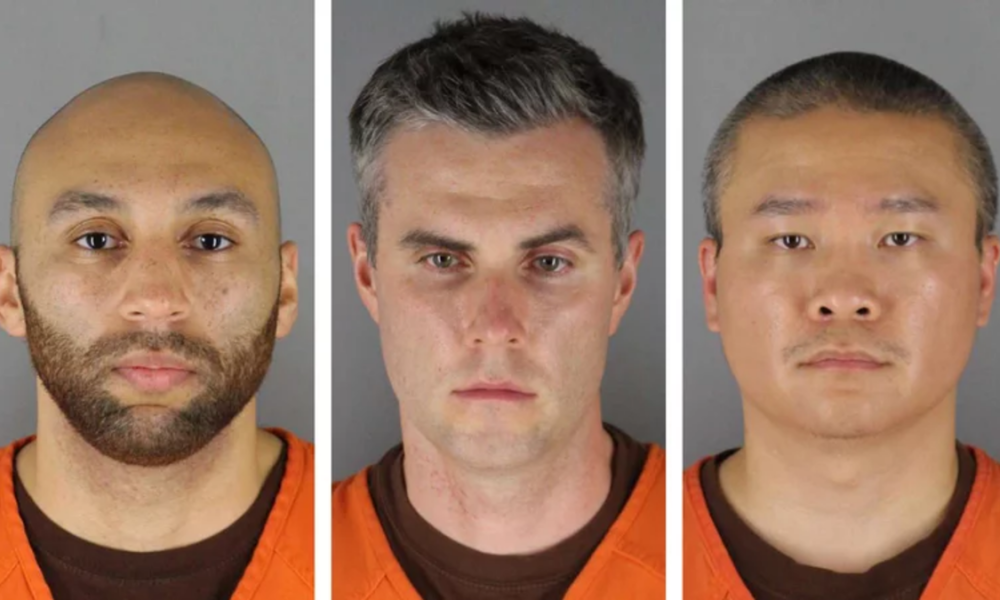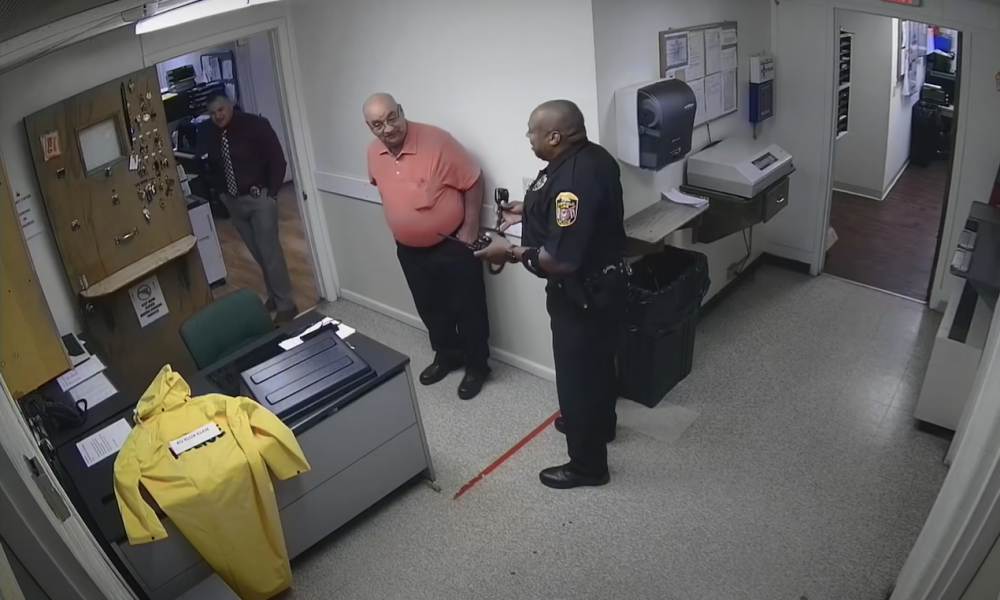Judge Peter Cahill announced the trial of former Minneapolis police officers Thomas Lane, J. Kueng, and Tou Thao will begin in March 2022. Their trial was initially dated August 23.
What We Know:
- The August 23rd case would try them on charges of aiding and abetting. However, the Justice Department announced federal charges against Lane, Kueng, and Thao, claiming they violated George Floyd’s civil rights with Chauvin. He declared the federal case holds higher potential penalties. To ensure the federal case proceeds first, Cahill delayed jury selections until March 8, 2022. In addition, Cahill mentioned that starting the case later will allow coverage of Derek Chauvin’s conviction to lull.
“Bottom line, we’re not going to trial in August. We need space,” the judge said.
- Kueng, Lane, and Thao’s defense attorneys agreed with Cahill’s decision on their behalf. However, Assistant Attorney General Matthew Frank opposed rescheduling the August date. In response, Cahill acknowledged concerns about granting them a fair trial. Furthermore, he pointed out that jury questionnaires have not been sent to potential jury members of the state’s case.
- The federal charges accuse Kueng and Thao of failing to intervene to stop Chauvin’s hold on Floyd. They also showed “deliberate indifference” to Floyd’s pleas, alongside Officer Lane, by not providing medical care.
- University of St. Thomas School of Law and former prosecutor Mark Osler informed ABC News the postponement implies the possibility of plea deals. He supposes this is the circumstance, as their lawyers supported pushing the trial’s date.
“One can infer that the defense attorneys are hoping that the federal case will offer lower penalties for their clients and a dismissal of the state charges,” Osler remarked.
- Despite the likelihood of receiving the death penalty for civil rights violations, experts believe it will not happen in this case. Osler commented that Chauvin could face life in jail if sentenced during the federal trial. Yet, he did not predict the others’ lengths. Additionally, ABC News stated that Minnesota views aiding and abetting ” the same as the underlying crime;” therefore, if Cahill convicts Lane, Kueng, and Thao, the state recommends a sentence of 12.5 years for the murder charge. The sentencing guideline also suggests 4 years for the manslaughter counts.
- The judge and legal teams discussed worries about a confidential information leak about Chauvin’s ‘rushed plea deal‘ on Thursday. The report claims Chauvin contemplated pleading guilty to a third-degree murder charge before then-Attorney General William Barr forbade any talks of it. Cahill believed having the disclosure occur before the start of Chauvin’s trial was “egregious;” to ensure the state attorney’s team was not the breach’s source, Cahill asked them to submit affidavits.
- Bob Paule, Thao’s attorney, filed a motion in February in which he requested an order sanctioning the state for “its role — directly or indirectly — in the leaking of highly prejudicial information related to potential plea agreements of co-defendants.” Paule petitioned that the court sanction prosecutors for not disclosing information about ” the alleged coercion of a witness.” He believes officials forced Hennepin County medical examiner, Dr. Mark Baker, to add “neck compression” to his findings. He also feels prosecutors knew about this pressure.
- Lane’s attorney, Earl Gray, submitted a motion as well; he wants Cahill to make the state provide “all use-of-force reports” in the past 30 years where a police officer intervened verbally or physically to stop their partner from using violence on a suspect. NPR writes that Cahill may call in prosecutors and the New York Times reporter that published the article to testify on the matter during an evidentiary hearing in August.
Cahill’s position grants him the flexibility to “up or down a few years without providing an explanation.” ABC News feels he will raise the amount of time for each officer if he finds any aggravating factors as he did with Chauvin.



